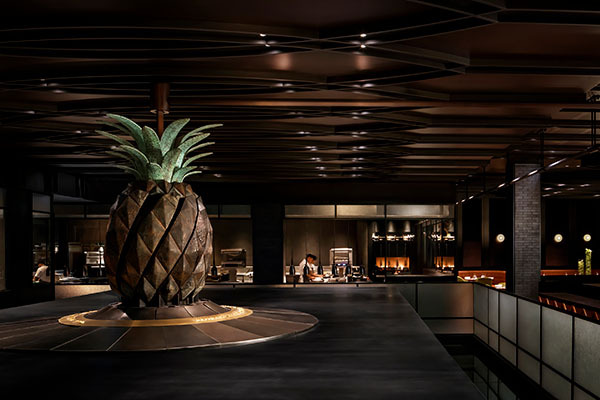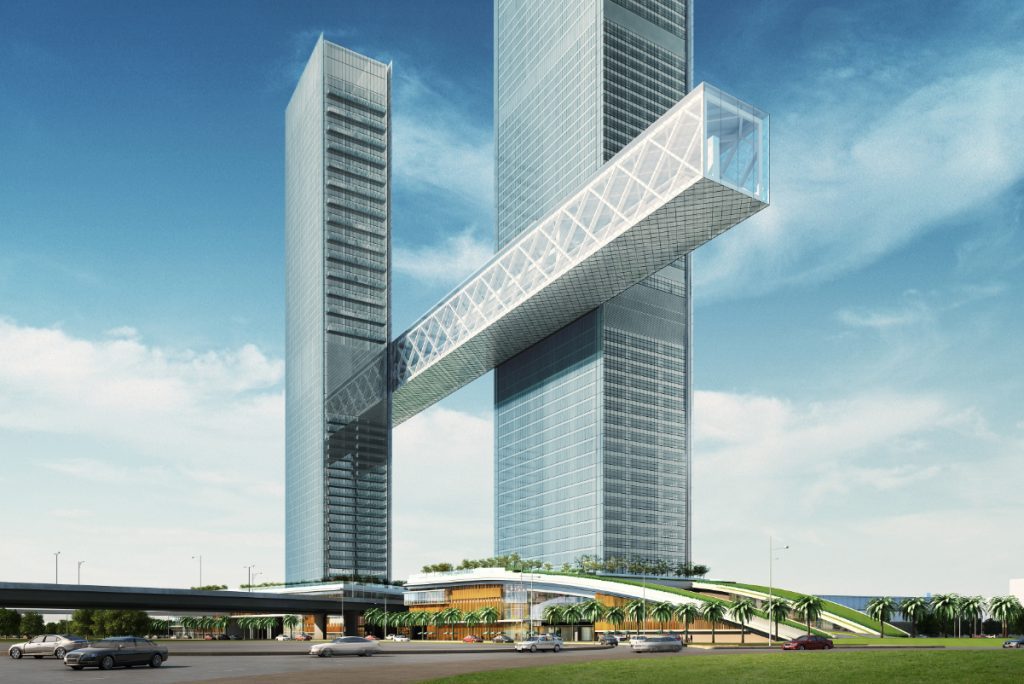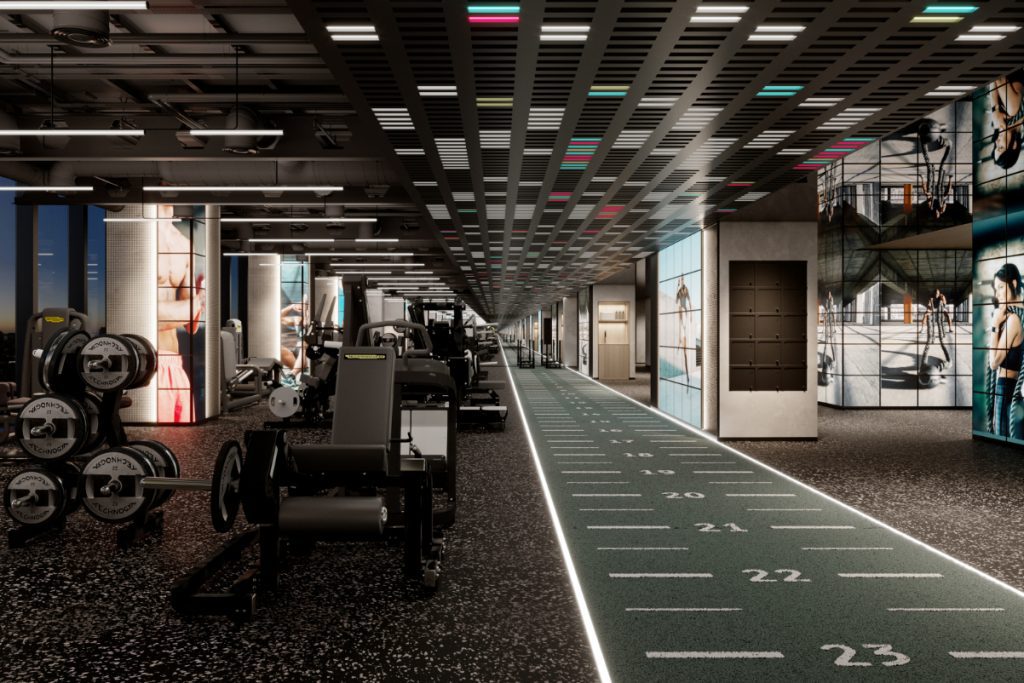Despite the requirement to present a negative Covid-19 test to enter Qatar, flight bookings to the country for travel during FIFA World Cup — between November 14 and December 24 — have witnessed a massive boom, according to ForwardKeys’ data based on issued flight tickets, including day trips.
The flight bookings to Qatar from countries, including United Arab Emirates (UAE), Spain, Japan France and the U.S., are currently ten times the volume of pre-pandemic levels, according to data analytics firm ForwardKeys.
The strongest-performing market during the World Cup period is United Arab Emirates, where bookings are currently ahead 103 times compared to 2016. The benchmark period for United Arab Emirates is 2016 as the Qatar diplomatic crisis stopped direct flights between Qatar and the UAE between 2017 and 2021.
Bookings from Mexico have gone up 79 times compared to 2019, while bookings from Argentina are up 77 times. The bookings from Spain and Japan have gone up 53 times and 46 times respectively.
The shortage of accommodation in Qatar and the availability of shuttle flights from cities in the United Arab Emirates will allow many people to stay in the UAE and fly over for on match days. The flight time between Dubai and Doha is a little over 60 minutes.
The UAE’s hospitality market is set to expand by 25 percent by 2030, with a further 48,000 rooms adding to the nation’s extensive 200,000 key portfolio, global consultancy firm Knight Frank noted in Sepetember.
Dubai is set to account for the lion’s share of this total, with 76 percent of all new rooms coming to the emirate, which already has over 130,000 rooms, Knight Frank fother observed.
Currently, day trips account for 4 percent of all arrivals in Qatar during the World Cup, 85 percent of which originate in the UAE.
The World Cup is set to benefit the whole Gulf region, as flight bookings to countries in the region during the competition are currently 16 percent ahead compared to 2019, and, for the initial stages of the tournament 61 percent ahead.
Many World Cup visitors would also be travelling to other destinations in the region as the number of visitors staying at least two nights in Qatar and going on to stay at least two more nights in another Gulf country is sixteen times greater than it was before the pandemic.
Set to capture 65 percent onward visits, Dubai is the biggest beneficiary of this trend by far, followed by Abu Dhabi with 14 percent and Jeddah would be capturing 8 percent of these visits.
U.S. travelers make up 26 percent of the “regional tourists,” followed by travelers from Canada at 10 percent and British tourists at 9 percent. Around 32 percent of travelers coming in to Dubai would be from the U.S.
The FIFA World Cup is one of the most attractive drivers of travel there is, so much so, that other destinations in the Gulf will benefit, not just the host nation, Qatar.
In tourism promotion terms, the World Cup will throw a media spotlight on Qatar and help it become a more established destination, and not just a major hub for intercontinental air traffic.
“Normally, just 3 percent of travel to Doha is destined to stay in the country; and 97 percent comprises onward connections. However, during the World Cup almost 27 percent has Qatar as the ultimate destination,” said Olivier Ponti, VP Insights of ForwardKeys.
Ponti said that the UAE would also benefit substantially from the tournament because it has much more hotel accommodation than Qatar, and two global hub airports in Dubai and Abu Dhabi.



